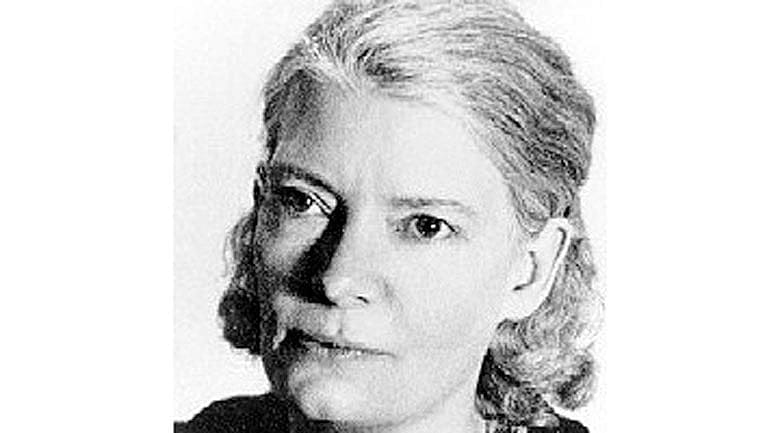Dorothy Day: From bohemian to beatitude

Of all the modern examples of holiness, Dorothy Day may well be the most approachable. During her bohemian years, she had a number of affairs, an abortion, lived out of wedlock, attempted suicide twice, and became a radical socialist. But all the while she longed for deeper meaning, with an unquenchable desire to help the downtrodden.
Day was born in 1897 in Brooklyn, New York into a stable, middle class family. Although her Episcopalian parents were not churchgoers, they instilled in her a solid Protestant work ethic and a respect for scripture that she retained all her life. Her father, a journalist, moved the family to San Francisco in 1903. In the great earthquake of 1906, her father's newspaper plant was destroyed, and he was left unemployed. It was Dorothy's first encounter with misfortune, and seeing the misery of the people in the city left an indelible impression on the young girl.

